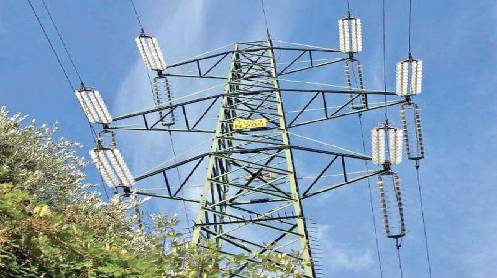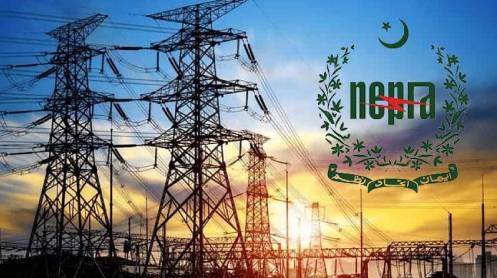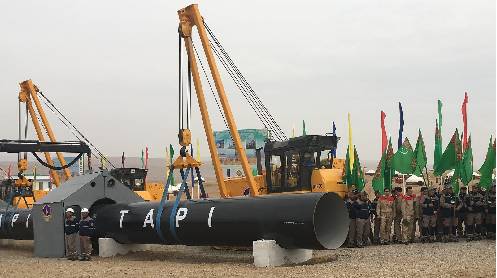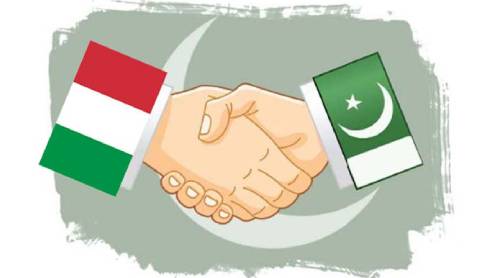LAHORE: Prominent business leaders, under the Federation of Pakistan Chambers of Commerce and Industry (FPCCI), have rejected costly contracts with Independent Power Producers (IPPs) and demanded an independent energy tariff assessment by an international auditing firm of high repute.
Terming the current energy tariffs unacceptable and detrimental to the country’s industry, they emphasized the need for revision.
“I am ready to get the electricity tariffs of my two power plants revised,” offered SM Tanveer, former caretaker Punjab minister for industry, at a press conference alongside former caretaker federal minister Gohar Ijaz. He urged the government to negotiate with IPPs to lower power tariffs, arguing that the exorbitant costs are hindering industrial growth.
Tanveer pointed out that while IPPs invested Rs50 billion, they earned Rs400 billion. He highlighted that Rs73 billion is being charged to consumers as capacity charges.
Gohar Ijaz added that some IPPs provided zero supply during January, February, and March but were paid Rs10 billion each month. “Electricity is very expensive and has become unaffordable. Capacity charges are just bad contracts. The electricity tariff is the major problem in Pakistan right now,” he asserted, noting that Rs240 billion are annually extracted from consumers as capacity charges, leading to the closure of 25% of the industry.
Ijaz elaborated that in 2015, with a consumption of 13,000 megawatts, capacity charges were Rs200 billion. By 2024, despite consumption remaining at 13,000 megawatts, capacity payments have escalated to Rs2 trillion, with a total installed capacity of 43,400 megawatts. He criticized the government for paying Rs2 trillion to IPPs with partial or zero electricity generation, asserting that the country cannot sustain such agreements.
The business community also voiced concerns over changes to exporters’ tax regimes and the increased auditing powers of the Federal Board of Revenue (FBR) over quasi-exporters.





